 ... terms. Hence, The sum of an arithmetical series may be found by multiplying one-half the sum of the first and last terms by the number of terms. Thus, the sum of eight terms of the series whose first term is 3, and last term 38, is EXERCISE LXXXVII.... ... terms. Hence, The sum of an arithmetical series may be found by multiplying one-half the sum of the first and last terms by the number of terms. Thus, the sum of eight terms of the series whose first term is 3, and last term 38, is EXERCISE LXXXVII....  A Practical Arithmetic - Page 308by George Albert Wentworth, Thomas Hill - 1882 - 351 pagesFull view A Practical Arithmetic - Page 308by George Albert Wentworth, Thomas Hill - 1882 - 351 pagesFull view - About this book
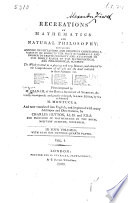 | Jacques Ozanam - Mathematics - 1803 - 548 pages
...above mentioned, as there are terms in the progression ; which is the same thing as the product of half the sum of the first and last terms by the number of the terms, or the product of the whole sum by half the number of terms. quently the sum of the whole... | |
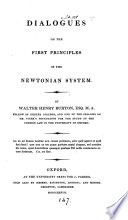 | Walter Henry Burton - Astronomy - 1828 - 84 pages
...fifty-six, and the sum of either is half that quantity, or twenty-eight ? • ; j S. Yes; we must multiply the sum of the first and last terms by the number of terms, and half that product will be the sum of the series. ; B. Very well. Now let us bring the supposition... | |
 | Jacques Ozanam - 1840 - 850 pages
...above-mentioned, as there are terms in the progression ; which is the same thing as the product of half the sum of the first and last terms by the number of the terms, or the product of the whole sum by half the number of terms. \Vhenthese rules are well understood,... | |
 | Thomas Sherwin - Algebra - 1841 - 314 pages
...multiplying the sum of the first and last terms by half the number of terms, or by multiplying half the sum of the first and last terms by the number of terms. By substituting the value of / in the formula just found, we can obtain another formula for 8. For,... | |
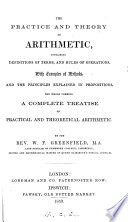 | William Frederick Greenfield - 1853 - 228 pages
...SUM OF ANY NUMBER OF TERMS OF A GIVEN ARITHMETIC SERIES. Rule. Find the last term, and multiply half the sum of the first and last terms by the number of terms. EXAMPLE. Find the sum of 20 terms of the series 1, 3, 5, &c. Here first term = 1 : com. Jiff. = 2.... | |
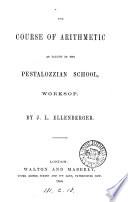 | J L. Ellenberger - 1854 - 338 pages
...which is derived the I 2 j following rule : The sum of the terms of any AP is found by multiplying half the sum of the first and last terms by the number of terms in the series. 361. In this progression: 3, 7, 11, 15, 19, 23, 27, 31, 35, 39, we may observe that... | |
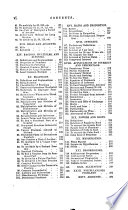 | Dana Pond Colburn - 1858 - 288 pages
...Ilence, the sum of a series in arithmetical progression equals half the product obtained by multiplying the sum of the first and last terms by the number of terms. 1. What is the sum of a series of 12 terms, of which 2 is the first term and 35 the last ? 2. What... | |
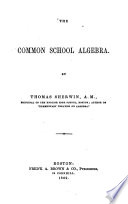 | Thomas Sherwin - 1862 - 252 pages
...difference, multiply the sum of the first and last terms by half the number of terms, or multiply half the sum of the first and last terms by the number of terms. Required the sum of 8 terms of the series 6,10,14, &c. In this example, a = 6, d = 4, and n = 8. We... | |
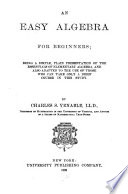 | Charles Scott Venable - Algebra - 1880 - 168 pages
...(a + 0 + (a + 1) to n terms, or 25 = (a + l)n. Therefore " /Я + *' Hence, Rule. — Multiply half the sum of the first and last terms by the number of terms. EXAMPLE. — Find the sum of 30 terms of the arithmetical progression 1, 3, 5, 7, 9, etc. Here a =... | |
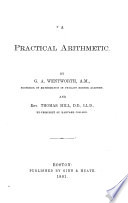 | George Albert Wentworth, Thomas Hill - Arithmetic - 1881 - 446 pages
...15+13+11+ 9+7+5+3 Therefore, twice the sum = 18+18+18+18+18+18+18 = 18x7. 18 x 7 Hence, the sum = 2 433. It will be seen that 18 is the sum of 3 and 15;...last term 38, is EXERCISE LXXXVII. Find the sum of: 1. 1 + 5 + 9 + ..... to twenty terms. 2. 4 + 5J + 7+ ..... to eight terms. 3. 8 + 71 + 7J + ..... to... | |
| |